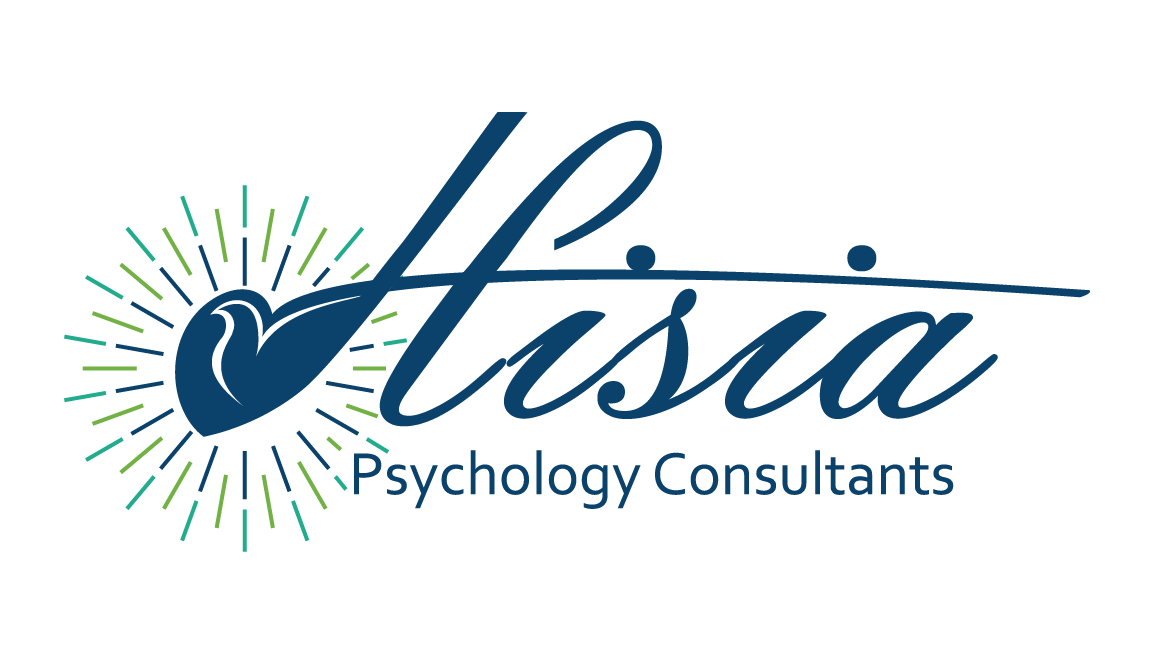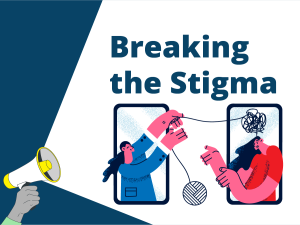We all have stories to tell. Experiences, emotions, and challenges shape who we are. But sometimes, keeping those stories bottled up can take a toll on our mental health. Here’s the good news: self-expression can be a powerful tool for healing and growth.
Self-expression is the act of communicating your thoughts, feelings, and experiences. It can take many forms, from writing and talking to creating art or music. When you express yourself authentically, you gain a deeper understanding of yourself and release pent-up emotions.
The Healing Power of Sharing Your Story: Why Self-Expression Matters
Opening up and sharing your story can be incredibly liberating. Here’s why self-expression is such a powerful tool for mental wellness:
- Reduced Stress and Anxiety: Bottling up emotions can lead to stress and anxiety. Sharing your feelings allows you to process them in a healthy way, promoting a sense of calm and release.
- Improved Self-Esteem: When you express yourself openly and honestly, you feel empowered and confident. This can lead to a stronger sense of self-worth.
- Greater Self-Understanding: The process of self-expression encourages introspection. By sharing your story, you gain a deeper understanding of your thoughts, feelings, and experiences.
- Stronger Relationships: Vulnerability strengthens connections. When you open up to others, you create space for deeper, more meaningful relationships.
- Reduced Feelings of Isolation: Sharing your experiences can help you realize you’re not alone. Connecting with others who have similar struggles can be incredibly validating.
Finding Your Voice: Safe Spaces for Self-Expression
Maybe you’re not sure where to begin. Here are some ideas for finding safe spaces to express yourself:
- Talk Therapy: A therapist provides a confidential and supportive space to share your story and work through difficult emotions.
- Support Groups: Connecting with others who share similar experiences can be incredibly healing. Look for online or in-person support groups related to your specific needs.
- Journaling: Writing down your thoughts and feelings can be a powerful form of self-expression.
- Creative Outlets: Explore creative activities like painting, writing, or music as a way to express yourself nonverbally.
- Trusted Friends and Family: Talking to loved ones you trust can be a great way to share your story and feel supported.
Remember, self-expression is a journey, not a destination. Start small, find a safe space, and allow yourself to open up. You might be surprised by the positive impact it has on your mental health and overall well-being.









